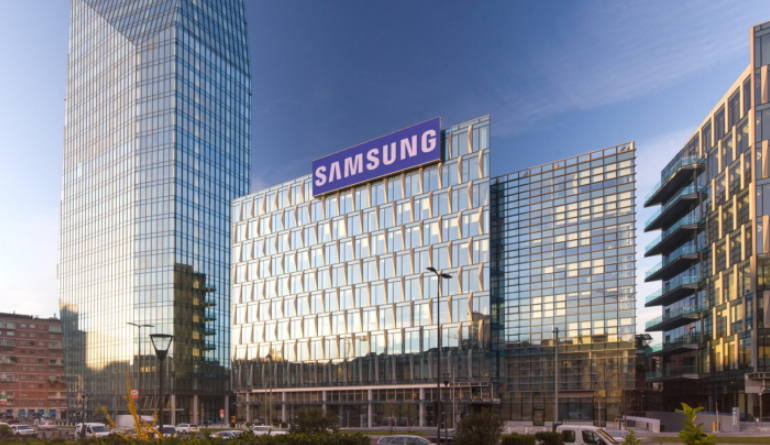 SECURITY
SECURITY
 SECURITY
SECURITY
 SECURITY
SECURITY
Samsung Electronics Co. Ltd. today disclosed that it experienced a data breach in which hackers accessed some of its U.S. customers’ information.
The breach was first detected in late July, Samsung detailed. A few days later, on Aug. 4, the company determined that the hackers gained access to personal information belonging to some of its U.S. customers.
“We have engaged leading cybersecurity experts and are coordinating with law enforcement,” Samsung stated today. “We will continue to work diligently to develop and implement immediate and longer-term next steps to further enhance the security across our systems.”
Samsung didn’t disclose how much customers’ data was accessed. However, the company did detail that the hackers may have stolen personal information such as customers’ names, contact and demographic information, dates of birth and product registration data. The product registration data affected by the breach includes information such as the date of Samsung device purchases, the company told TechCrunch.
Samsung says the hackers didn’t access customers’ Social Security numbers or credit and debit card numbers. Furthermore, the company has concluded that the cyberattack didn’t affect any user devices.
Samsung said today that it has begun notifying affected customers about the incident. The company is advising customers to review their accounts for suspicious activity and avoid clicking on links or downloading attachments from suspicious emails.
The disclosure of the breach comes six months after Samsung experienced another cyberattack in which hackers stole 200 gigabytes of internal data from the company, including software code. Samsung stated at the time that no personal information belonging to customers or employees was accessed in the cyberattack.
Samsung is one of several major tech companies to have disclosed data breaches over the past few weeks. Previously, Twilio Inc. disclosed that hackers had stolen some employees’ login credentials and used them to compromise a “limited number” of customer accounts. LastPass US LP, the developer of a popular password manager, divulged last week that some of its source-code and internal documents were accessed without authorization in a recent cyber cyberattack.
Hackers launched 2.8 billion malware-based cyberattacks in the first half of 2022, according to research published by cybersecurity provider SonicWall Inc. in July. That number represents a year-over-year increase of 11%.
In response, organizations are increasing their spending on cybersecurity software. Forrester Inc. estimates that worldwide enterprise spending on breach detection tools and related software will grow 15.4% this year.
Support our mission to keep content open and free by engaging with theCUBE community. Join theCUBE’s Alumni Trust Network, where technology leaders connect, share intelligence and create opportunities.
Founded by tech visionaries John Furrier and Dave Vellante, SiliconANGLE Media has built a dynamic ecosystem of industry-leading digital media brands that reach 15+ million elite tech professionals. Our new proprietary theCUBE AI Video Cloud is breaking ground in audience interaction, leveraging theCUBEai.com neural network to help technology companies make data-driven decisions and stay at the forefront of industry conversations.